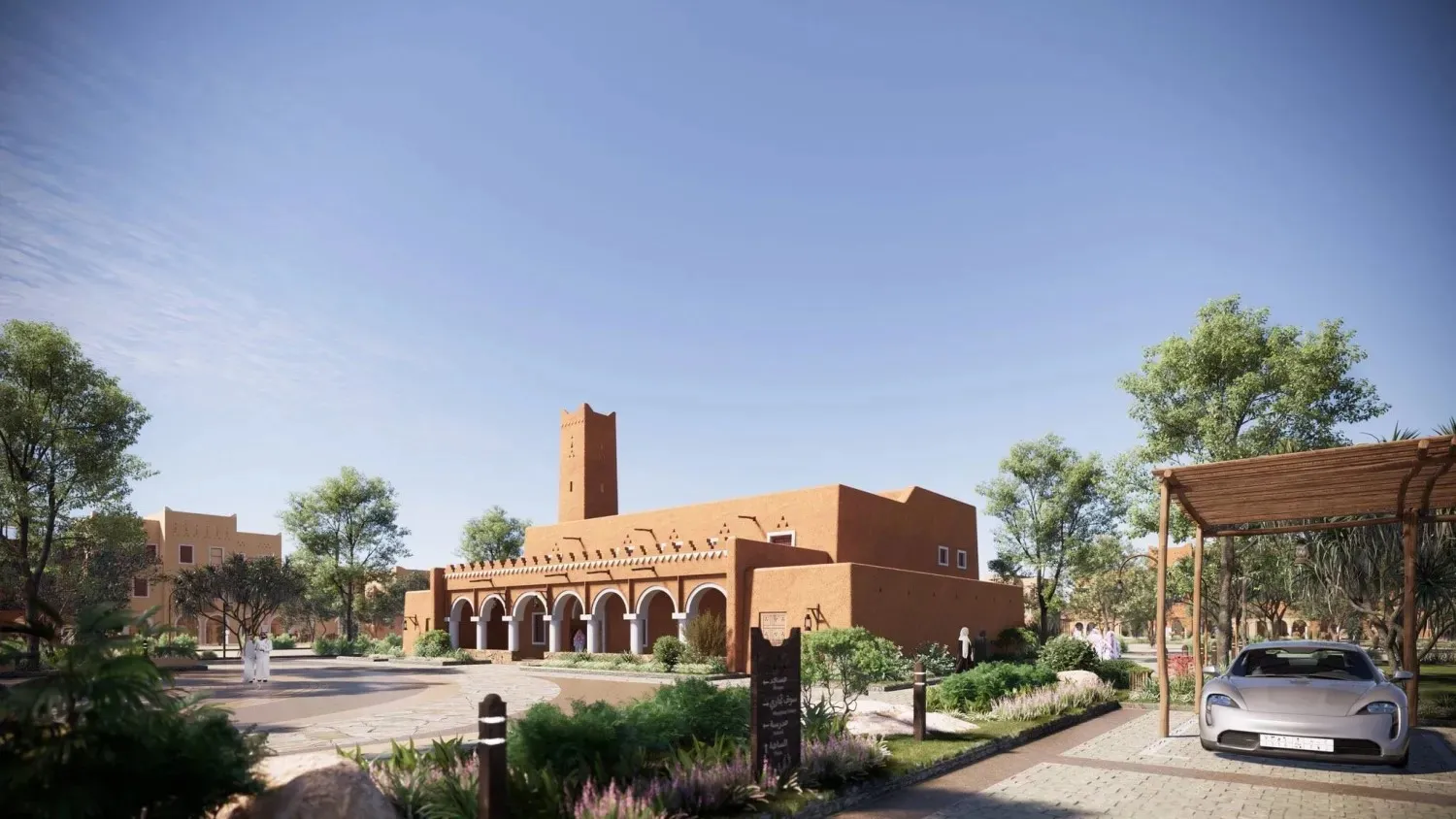Economic and architectural experts have described Crown Prince Mohammed bin Salman’s launch of the “Saudi Architecture Characters Map” as a strategic shift, transforming architecture into an economic asset for investment.
In statements to Asharq Al-Awsat, they emphasized that the initiative will enhance Saudi Arabia's competitive edge in the tourism and cultural real estate development sectors.
Additionally, it is expected to boost the sustainability of the tourism economy and stimulate the manufacturing industries, from local stone production to carpentry, traditional carvings, and decorative arts.
The move could also lead to the creation of specialized companies focused on reviving traditional crafts, gradually transforming them into export industries.
Featuring 19 distinct architectural styles inspired by the Kingdom’s diverse geographical and cultural characteristics, the initiative is expected to contribute over 8 billion riyals ($2.13 billion) to the cumulative GDP and create more than 34,000 jobs in engineering, construction, and urban development sectors by 2030.
This move is part of a broader effort to transform and develop Saudi cities.
As Chairman of the Supreme Committee for Saudi Architectural Design Guidelines, the Crown Prince said that Saudi architecture reflects the cultural and geographical diversity of the Kingdom.
“Saudi architecture blends our rich heritage with contemporary design thinking. We are enhancing urban landscapes and quality of life as well as building an architectural framework that balances the past and the present. This model will serve as a global source of inspiration for innovation in architectural design,” he said.
Dr. Mohammed Al-Qahtani, an economics professor at King Faisal University, told Asharq Al-Awsat that the launch of the Map by the Crown Prince is more than just a cultural or architectural announcement.
It represents a move with deep economic implications that redefines the investment and real estate landscape in Saudi Arabia, in line with a developmental vision that transcends traditional urban growth.
He emphasized that “the architectural identity of any country is one of the pillars of soft power, and when this identity becomes a standard for developmental projects, we are witnessing a strategic shift. Architecture becomes an economic asset to be invested in, extending beyond just aesthetic value.”
Al-Qahtani added that the unification of architectural identity means both local and international investors will reassess their plans in light of new requirements that demand higher quality, thereby increasing real estate market value and attracting capital seeking authentic and sustainable projects.









